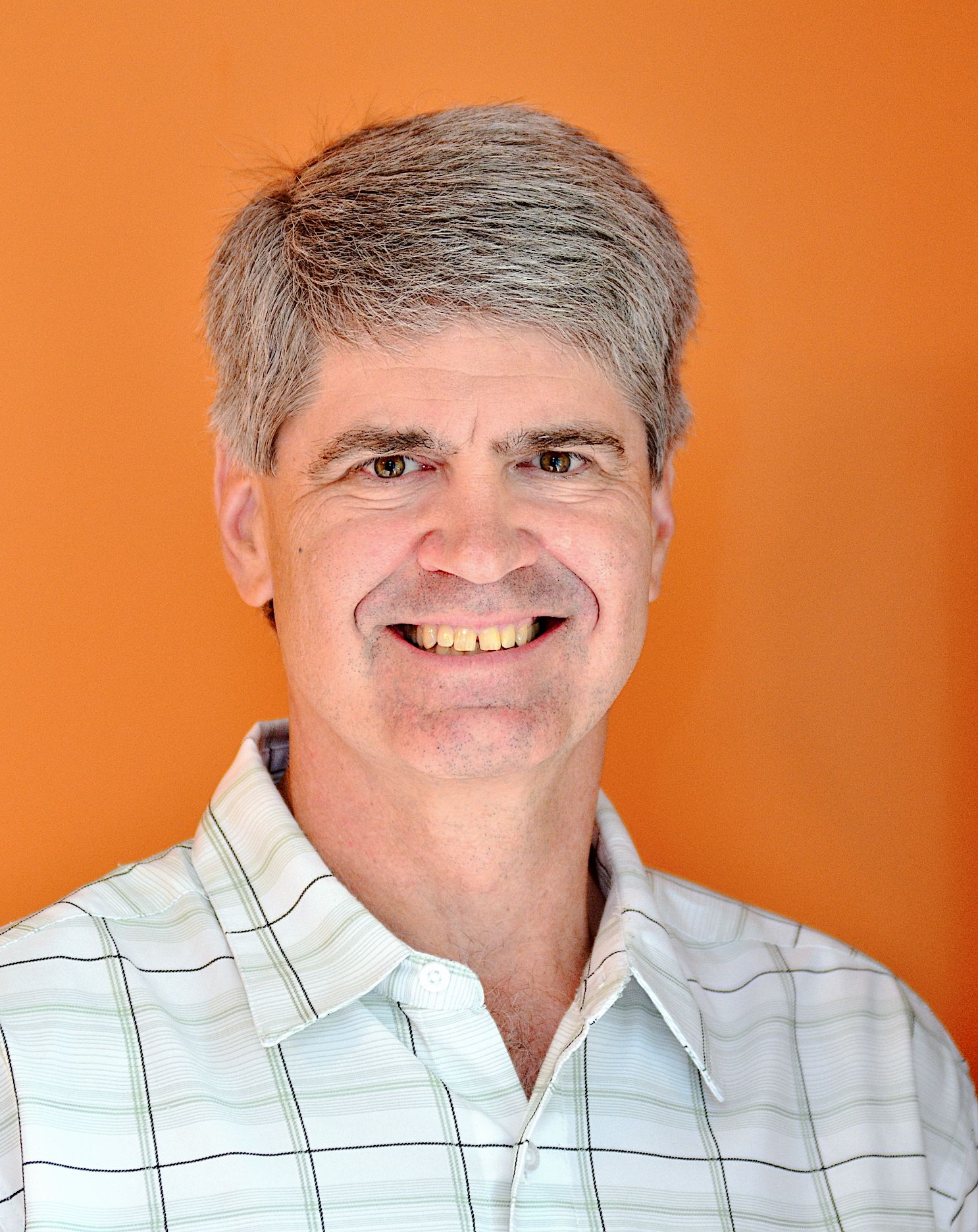Committtees Teaching Projects
Biography Artifacts Directions Partners Opportunities Tips & Misc.


Tim Brecht
Professor Emeritus
Davis Center, Room 3508
David R. Cheriton School of Computer Science
University of Waterloo
200 University Ave. West
Waterloo, ON N2L 3G1, Canada
E-mail: brecht AT uwaterloo DOT ca
Writing a Thesis Statement
Thesis: (definition)
o a statement or theory that is put forward as a premise to be maintained or proved.
From George Necula's thesis (Berkeley):
My Thesis. My thesis is that ideas from logic and programming languages can and should be used to ensure the safety of executing software agents by means of static checking, without sacrificing performance and without relying on personal authority. Furthermore, this can be achieved with a small trusted infrastructure on the receiver-side. In order to minimize the complexity of the static checking, and therefore of the required infrastructure, the code receiver can rely on easily checkable producer-provided evidence attesting to the safety properties of the code. This technique is called proof-carrying code. Furthermore, my thesis is that the safety evidence required for proof-carrying code can be produced automatically, for a large class of safety properties, as part of the same compilation process that generates the agent executable. This variant of compilation is called certified compilation. As we shall see, in addition to constituting a front-end to proof-carrying code, certified compilation provides a simple and effective method for testing that a compiler produces only code that matches a safety specification, namely by verifying the evidence that the compiler produces with the code.
From Scott Alan Carter's thesis (Berkeley):
The thesis of this dissertation is that tools and techniques that leverage preexisting infrastructures, human operators, and the increasing power of mobile devices can improve researcher's ability to experiment with ubicomp applications in realistic environments. Specifically, we can encourage experimentation by developing evaluation methods and tools that support situated needfinding; facilitate prototyping by developing tools and methods that eliminate the need to write code by using human operators and simple, rule-based systems; and reduce the burden of evaluations by minimizing infrastructure deployment, capturing and encouraging feedback about critical events,
From Ariel Tamaches' thesis (Wisconsin):
It is possible to dynamically instrument an already-running commodity operating system kernel in a fine-grained manner; furthermore, this technology can be usefully applied to kernel performance measurement and run-time optimization.
Last modified: Thu Oct 17 10:44:38 PM EDT 2024